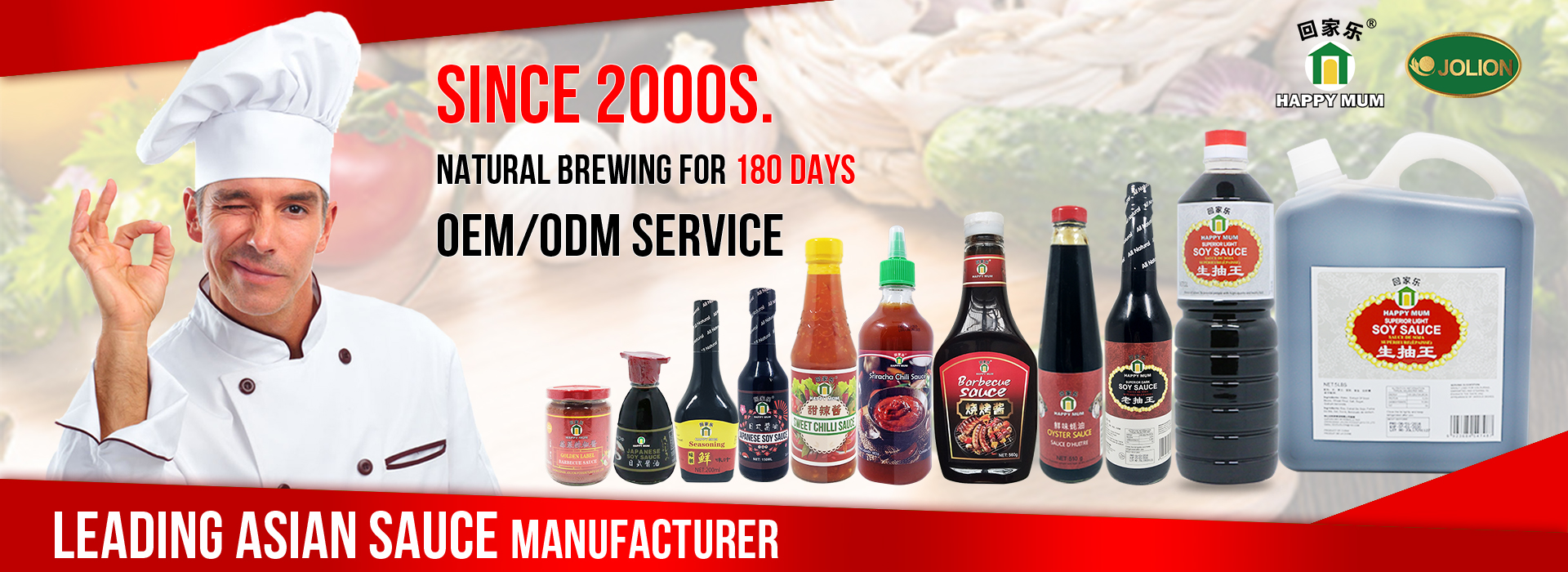
- Exploring JOLION Food's Exquisite Sauces and Noodles at SIAL PARIS 20242024-10-30SIAL PARIS, the renowned international food exhibition, is set to showcase a plethora of gastronomic wonders in 2024. Among the myriad of exhibitors, JOLION Food stands out as a beacon of culinary excellence, promising a delectable journey for food enthusiasts and industry professionals alike.
- The Mystery of Chilli Sauce2025-04-09
- Revealing The True Nature Of MSG2025-04-07
Maximizing the Shelf Life of Sesame Oil
Sesame oil, derived from sesame seeds, has been a staple ingredient in various cuisines for centuries. Its distinct nutty flavor and aroma make it a popular choice for enhancing the taste of dishes. However, like any other cooking oil, sesame oil has a limited shelf life. In this article, we will explore the factors that affect the longevity of sesame oil and provide you with valuable tips to ensure its freshness and quality.
Understanding Sesame Oil Shelf Life:
Sesame oil, when stored properly, can last for a considerable period. However, it is essential to be aware of certain factors that can influence its shelf life. These factors include the quality of the oil, storage conditions, and the presence of any additives or preservatives.
Quality Matters:
The quality of sesame oil plays a crucial role in determining its shelf life. Opt for high-quality, pure sesame oil that is free from any additives or preservatives. Cold-pressed sesame oil, obtained through a natural extraction process, tends to have a longer shelf life compared to oils that undergo refining or contain additives.
Storage Conditions:
Proper storage is key to extending the shelf life of sesame oil. It is recommended to store sesame oil in a cool, dark place away from direct sunlight and heat sources. Exposure to light, heat, and air can accelerate the oxidation process, leading to rancidity. Therefore, it is advisable to transfer the oil into a dark-colored glass bottle with a tight-fitting cap to protect it from light and air.
Refrigeration:
While sesame oil does not require refrigeration, storing it in the refrigerator can help prolong its freshness. The cool temperature of the refrigerator slows down the oxidation process, thereby extending the shelf life of the oil. However, it is important to note that refrigerated sesame oil may solidify or become cloudy. This is a natural occurrence and does not affect its quality. Simply bring the oil to room temperature before use, and it will return to its liquid state.
Signs of Spoilage:
To ensure the quality of sesame oil, it is crucial to be able to identify signs of spoilage. Rancid sesame oil will have a strong, unpleasant odor and a bitter taste. Additionally, the oil may appear cloudy or have a darker color. If you notice any of these signs, it is best to discard the oil to prevent any adverse effects on your health and the taste of your dishes.

Sesame oil, with its unique flavor and versatility, is a valuable addition to any kitchen. By understanding the factors that affect its shelf life and implementing proper storage practices, you can maximize the freshness and quality of your sesame oil. Remember to choose high-quality oil, store it in a cool, dark place, and be vigilant for signs of spoilage. With these simple steps, you can enjoy the full benefits of sesame oil in your culinary creations for an extended period.
In conclusion, JOLION Food sesame oil is a standout choice due to its exceptional quality, health benefits, and versatile flavor profile. By choosing JOLION Food sesame oil, you are not only opting for a premium product but also embracing a healthier lifestyle. So, why settle for ordinary when you can experience the golden benefits of our sesame oil? Elevate your culinary creations and nourish your body with this ancient treasure.
Related News
- 2025-04-09The Mystery of Chilli Sauce
- 2025-04-07Revealing The True Nature Of MSG
- 2025-04-15The All-Natural Goodness of JOLION Foods Vegetarian Oyster Sauce: A Culinary Delight
- 2025-04-14From Condiment to Culinary Essential: Why Every Chef Needs Mushroom Soy Sauce
- 2025-04-13The Relationship Between Vinegar and Ammonia: Insights from JOLION Foods
- 2025-04-12Why Quality Matters: The Superior Ingredients of JOLION Foods Soy Sauce
Start Your Seasoning Sauce Business by a Free Quote
GET FREE QUOTES
If you are interested in our services, let's have a try on the first project
